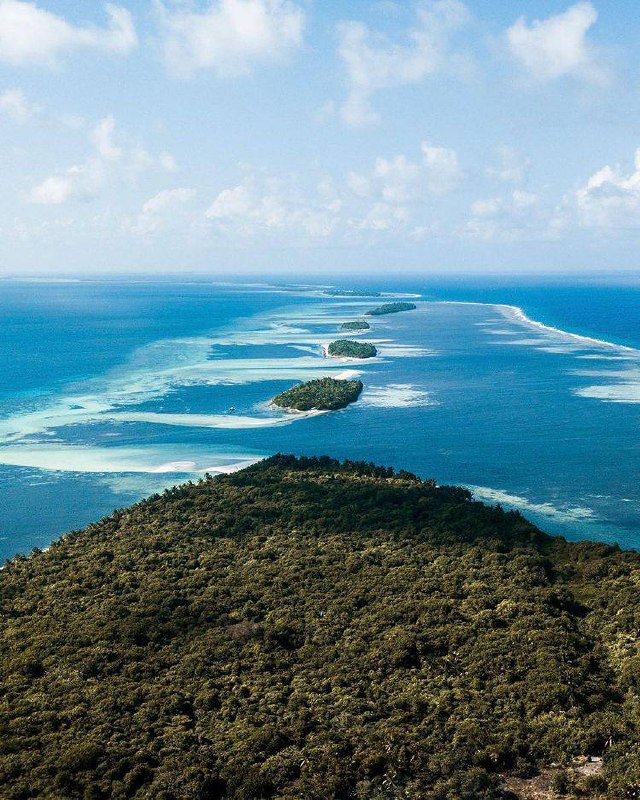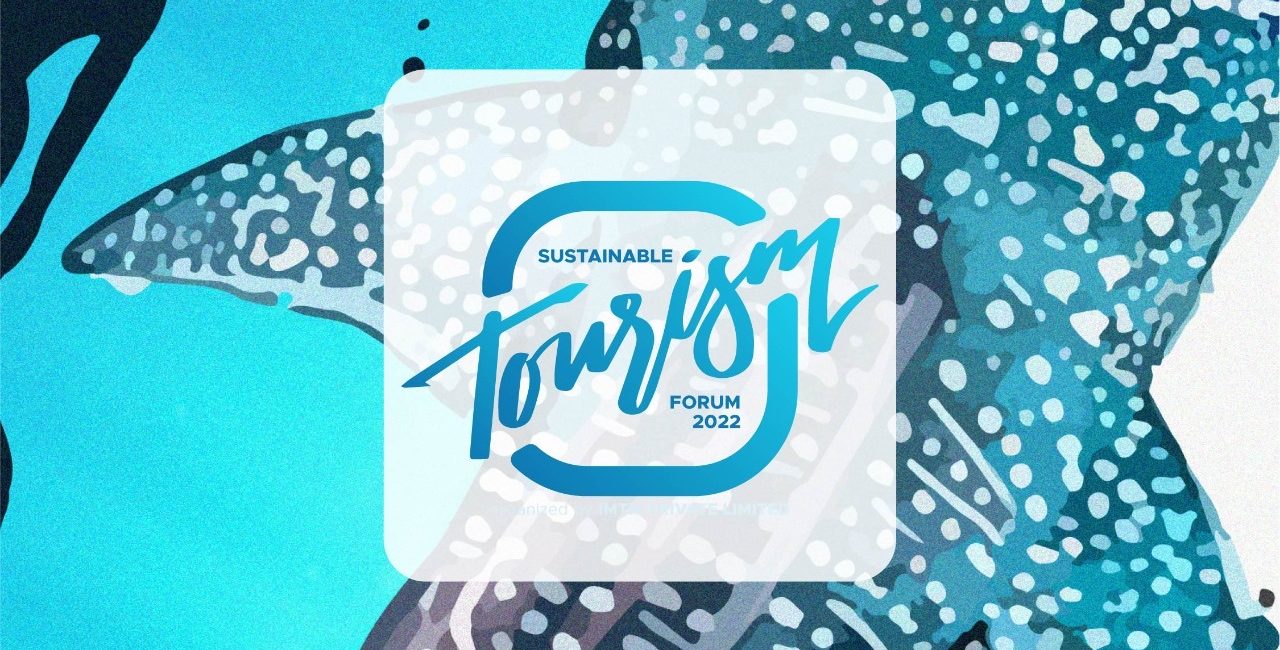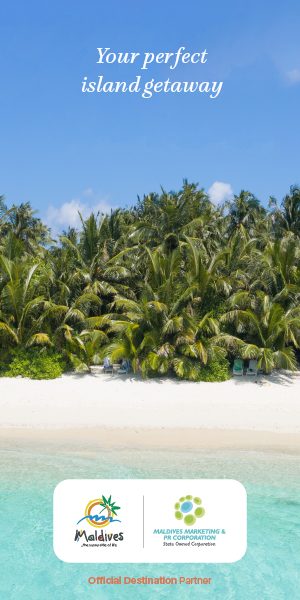Male’ Maldives, 26th October 2022 – With IMTM’s upcoming Sustainable Tourism Forum (STF) around the corner, it is an apt time to revisit the importance of practicing sustainable tourism in the Maldives.
Over the years, terms such as “sustainability” and “sustainable tourism” have become common words used frequently throughout the travel industry, but what do these terms actually mean? With multiple interpretations and ideas floating around, it is possible to lose sight of the true meaning. Sustainable tourism, by definition of the UNWTO and UN Environment Program, refers to “tourism that takes full account of its current and future economic, social and environmental impacts, addressing the needs of visitors, the industry, the environment, and host communities”.
Furthermore, the definition alone is not enough. What sustainable tourism and sustainable practices look like can differ based on each country’s context, its geography and environment, its economy and its people. This is one of the key focuses of this year’s Sustainable Tourism Forum, or STF 2022. Set to take place on the 3rd and 4th December in Male’, the STF will explore the theme “What is Sustainable Tourism? Interpretations and Discourses of Tourism Sustainability in the Maldives”.

In the island nation of the Maldives, out of the current 106 islands that are dedicated to tourism, 49% are natural islands and 35% are human-made through modern reclamation technology. This number is expected to increase further in the next years as well, with increasing demand and scope for development. As such, the sustainability practices of a purely natural island are likely to differ to that of a human-made island.
Furthermore, despite the socio-economic benefits that are widely said to be attached to land reclamation, it is important to note that the damage such coastal engineering techniques causes to the natural environment is an alarming issue, including coastal habitats. It is all the more important for atoll nations such as the Maldives, one relies so much on its natural beauty, and one that shows great vulnerability to climate change and natural disasters. Along with catering to growing demand, it is crucial that we prepare strategies to protect the environment and face climate change. It is critical for our tourism sector to take the environmental factors into account and attempt to mitigate the negative impacts as much as possible, and find ways to implement responsible and sustainable tourism.

A key outcome of the STF 2022 will be to identify criteria for sustainable tourism in the Maldivian context and identify how these can be replicated among other small island nations. Through this forum, we seek to answer the question “What is Sustainable Tourism” and clearly define a “sustainable tourism establishment“.
There is increasing recognition among resort operators and the wider tourism sector over the importance of preserving the natural beauty and ecosystems – the beauty and attractions on which the entire industry relies. Multiple interventions are being instilled within the sector to stronghold sustainable practices within operations. These include large investments towards renewable energy, zero-waste and tackling marine pollution and plastic waste. Similarly, several resorts are working on marine conservation and research, and showing increased effort towards CSR initiatives to address broader climate change induced issues such as water security.
Yet, as mentioned before, it is likely that sustainability practices are approached differently by large resorts and smaller establishments such as local guesthouses. It is therefore important to identify, discuss and debate the concept of sustainability in the tourism sector in the backdrop of current global trajectories such as climate change, economic recessions, technological advancements and changing tourism landscape.

The IMTM Sustainable Tourism Forum is a platform connecting stakeholders from the Maldives Tourism Industry, encouraging them to engage in dialogue on issues pertaining to social, economic, and environmental sustainability of the country’s tourism sector.
Furthermore, the STF 2022 will provide an opportunity to gather partners in the tourism sector and the public to discuss and exchange ideas and knowledge on sustainable tourism approaches in the context of both natural islands and artificial islands. It is imperative that lessons are derived on current sustainability practices among different actors and share these among broader stakeholders to reach a common understanding of what entails sustainable tourism in the Maldives and other small island countries.




